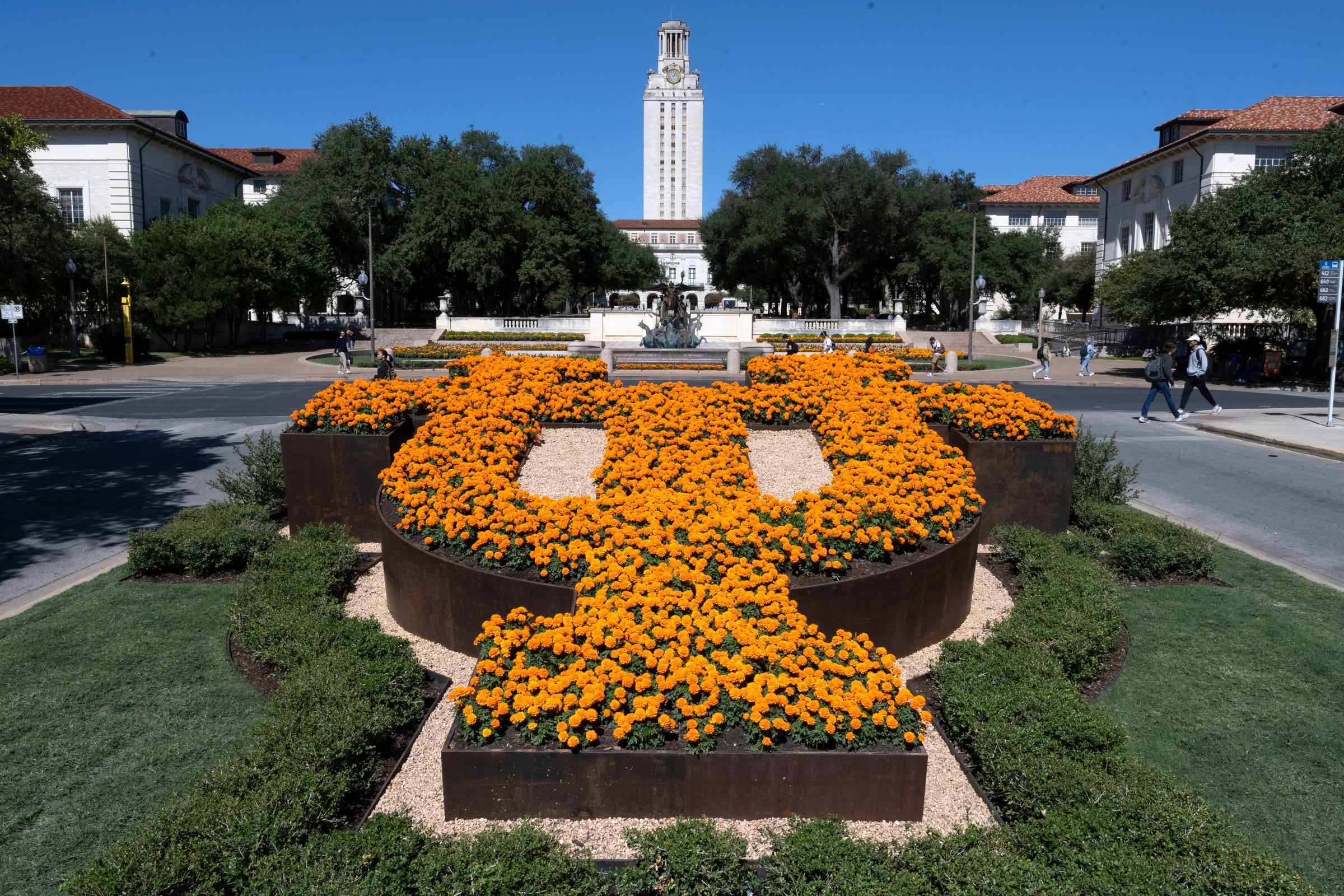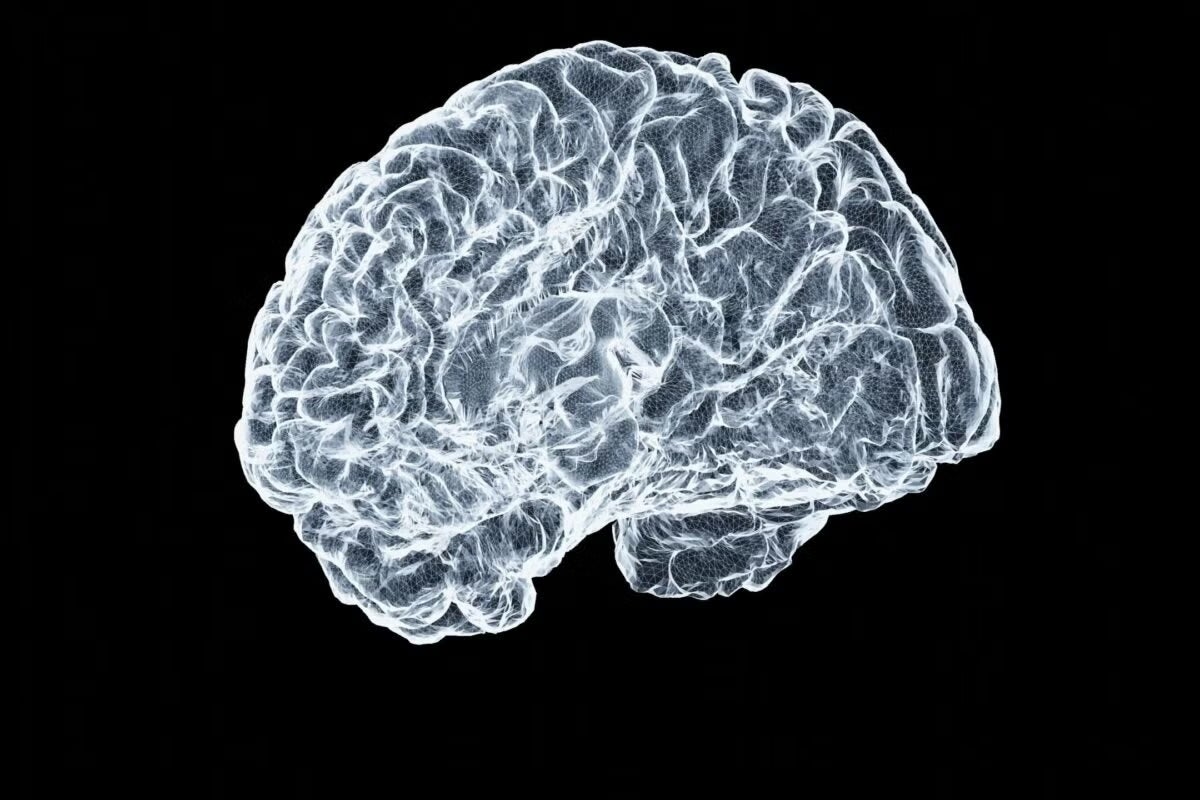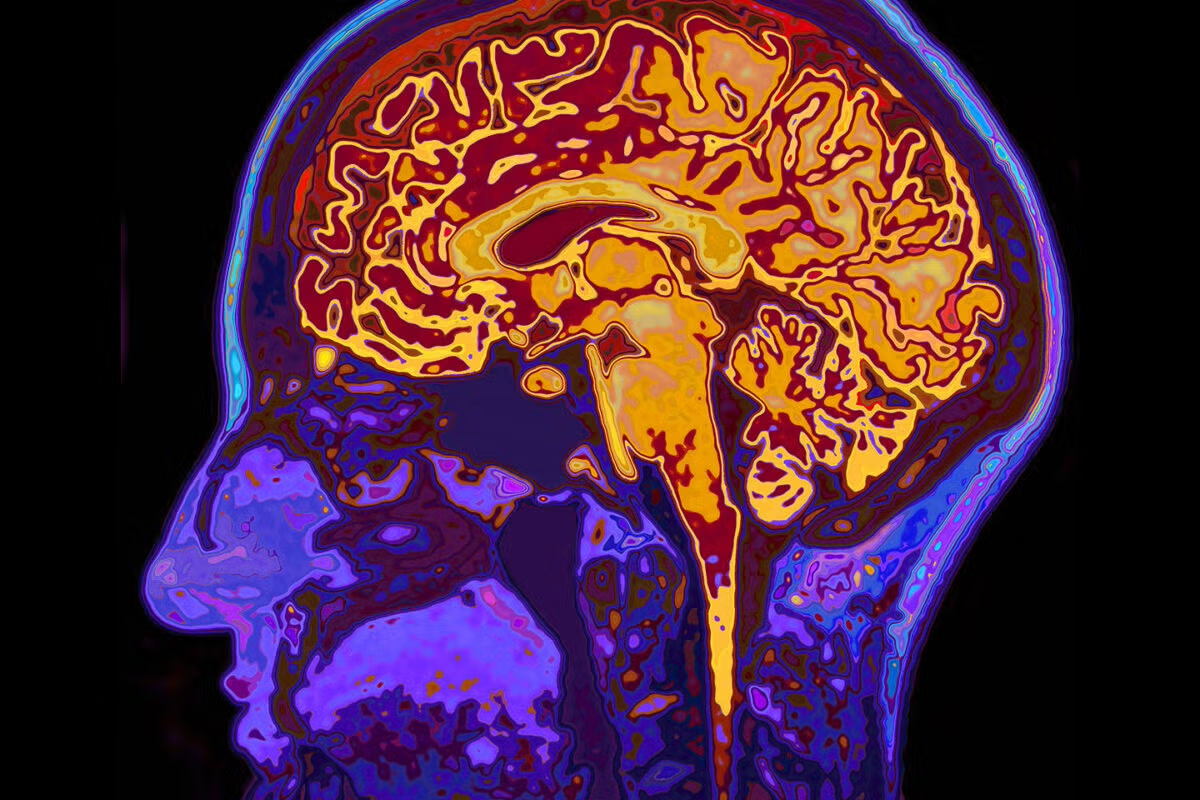Neuroscience
Unlocking the brain’s mysteries, from molecules to systems


A Complex and Fascinating System
As multidisciplinary researchers, UT neuroscientists investigate the central and peripheral nervous system—the brain, spinal cord, nerves and sensory organs—and make discoveries in molecular, cellular, behavioral and computational research techniques. They help humanity to better understand basic mechanisms of brain function and shed light on contributors to brain disease.

Since I came to UT, I have attended many symposia and seminars that covered topics I never would have had the opportunity to consider prior to coming here. And I see the inclusion of students from every walk of life in my clubs and organizations.”
Charles Rubarth
Neuroscience
Experiences & Careers
Neuroscience majors at UT pursue research in faculty labs, study abroad and secure internships. Many go on to a health professions school or graduate school, while others pursue work in the private sector education, government, or research in many different areas. Job titles of recent graduates include:
- Behavioral therapist
- Advanced research specialist
- Recruiter/account manager
- Technical professional development specialist


Explore Stories
Here, you’ll find some of the most sophisticated facilities in the world, equipped for delivering breakthroughs the world needs from all types of researchers, whether in our Freshman Research Initiative or alongside leading scientists and their graduate students in the lab. Our faculty inspire students in courses to learn about the root cause of diseases, to deploy the cutting-edge tools of neuroscience and to make connections between the brain and technologies the world now demands.
Accessing memories and the path to a brain-computer interface
Mapping activity in the brain with one of the inventors of optogenetics
Study & Learn
Neuroscience majors may study the chemistry and physics of molecular interactions, genetics, cellular processes, interactions of neural systems, animal behavior, human cognition and psychology, disease processes, mathematical models or computer-brain interfaces. Students receive strong training in concepts and practice through coursework in neuroscience and related science and math disciplines such as calculus, biology, chemistry and physics. Graduate study is available through UT's Institute for Neuroscience.
Evidence and Inquiry
Neuroscience
Neuroscience
Honors
Neuroscience: Option 1
Neuroscience: Option 2
Honors
Neuroscience: Option 3
Pre-Health Professions
Non-Science Major Track. Students outside of the College of Natural Sciences only.
Pre-Health Professions
Science Major Track
Statistics and Data Science Minor
Neuroscience News

Scientists Observe How New Fears Can Infiltrate Old Memories
The research has implications for understanding post-traumatic stress disorder and phobias.



